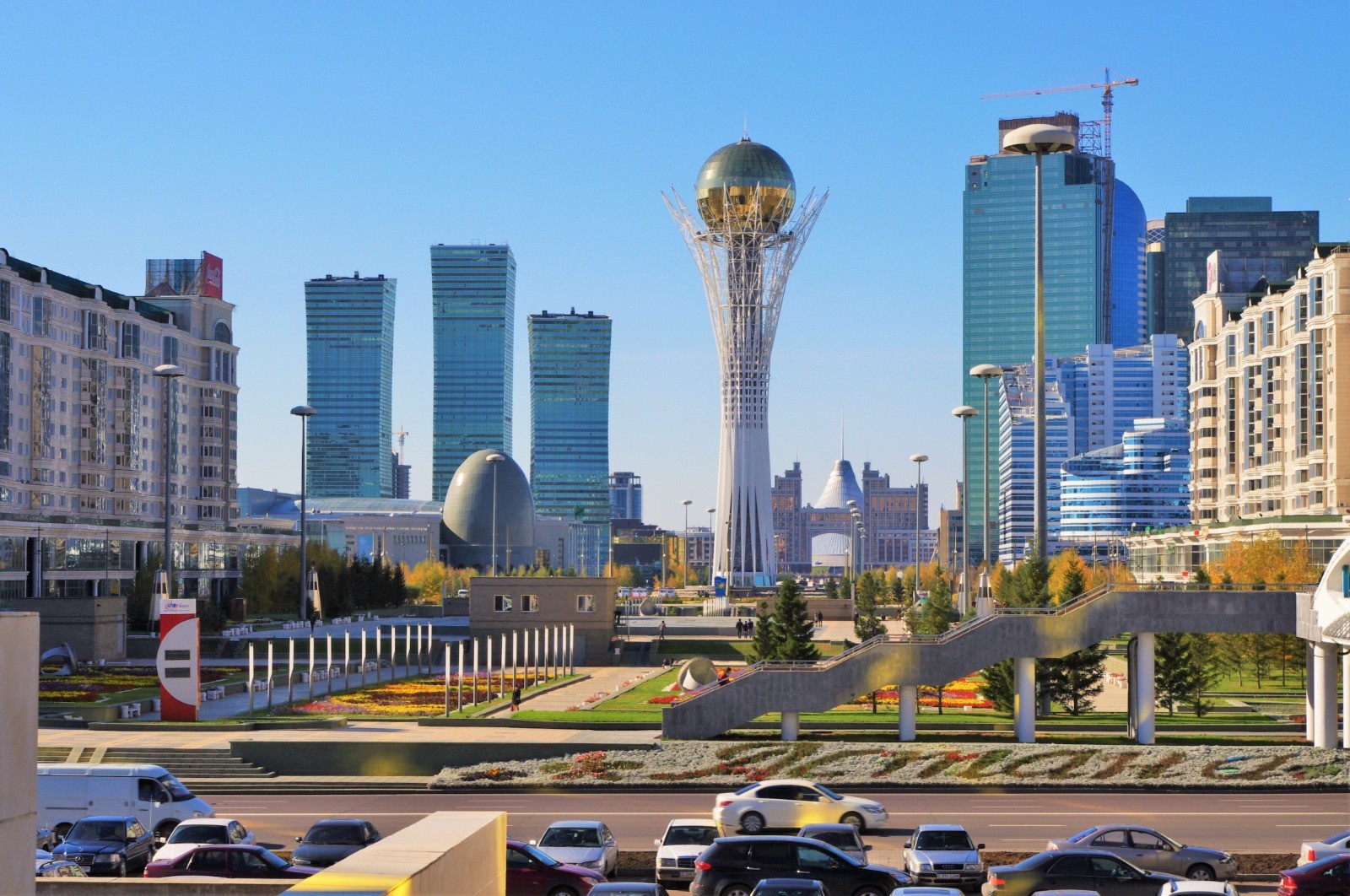As Kazakhstan continues on its path towards economic expansion and modernization, it has set forth a revitalization and growth vision for 2024 and beyond, underpinned by a series of ambitious reforms and strategic investments. A central part to President Kassym-Jomart Tokayev’s vision, which he also detailed in a government meeting on February 7th, is the development of a sustainable and inclusive economy driven by innovation, strategic foreign investment and proactive engagement with the global community.
Building on the 2023 growth momentum
There are positive indications that Kazakhstan is on the right track, despite challenges posed by ongoing global geopolitical risks and uncertainties. Its strong economic expansion continued in 2023, as gross domestic product (GDP) increased by nearly 5% as of the third quarter. The government is aiming to accelerate the pace of growth further throughout the remainder of the decade. Tokayev said in his February 7th speech that the target was to increase economic output to $450 billion by 2029, stressing that to do this, the country will need 6% annual GDP growth.
Attracting investment
To achieve this ambitious goal, the country’s leadership is currently implementing a series of reforms, which are designed to attract a substantial influx of foreign investment (of at least $150 billion in total) by adopting environmental, social and governance (ESG) principles, as well as by enhancing the country’s overall investment climate. Examples of these initiatives include “green bonds” introduced in 2017; the sustainable finance initiatives presented since 2021 via the Astana International Financial Center, and the mandatory ESG reporting framework for companies listed on the Astana International Exchange.
A pivotal element in Kazakhstan’s comprehensive series of economic reforms and investment strategies is the establishment of the Investment Headquarters, which is charged with the critical mission of enhancing the investment climate within Kazakhstan while ensuring qualitatively the proper execution of investment projects.
At the same time, the government is working on a new Tax Code that should comprehensively reset the dynamics between the state and the private sector. The development of this code is guided by the need for a delicate balance between creating an environment conducive to investment, and securing the necessary revenues for the national budget.
Local capacity building
The strategic plan behind the reforms foresees the introduction and transfer of cutting-edge technologies, the localization of production processes, and the establishment of high value-added clusters. These clusters would be strategically focused on driving the acceleration of the manufacturing sector. Potential sectors to benefit from these clusters include green technology, finance, and agriculture. Furthermore, the legislative and institutional framework will be implemented through the enactment of a fresh law on industrial policy and the establishment of a new Ministry of Industry and Construction.
A focus on standards of living
These steps represent a commitment to improving the overall well-being of the population in tandem with ensuring economic growth. Tokayev has underscored that the focus of these efforts extends beyond merely achieving macroeconomic expansion and emphasized that economic developments must have a positive and tangible impact on the standard of living for the citizens of Kazakhstan. As a key indicator of this goal, the government anticipates that per capita GDP will increase substantially, rising from approximately $13,000 in 2023, to a projected minimum of $17,000 by 2030.
Moreover, a new Budget Code is also in the pipeline to employ the principles of rationality, economy and relevance in the allocation and utilization of budgetary funds. This initiative is complemented by further reforms to enhance transparency in public procurement processes and to bolster public-private partnerships by offering more favorable financial conditions for their formation.
The authorities’ efforts to reform the economic landscape and engage more deeply with citizens reflect a holistic approach to development that seeks to balance economic and social goals. In a significant move designed to promote social development while fostering national dialogue, the government has announced plans for extended meetings with representatives from civil society. This initiative underscores a commitment to engaging directly with the population to address pivotal issues through structured dialogue and strategic planning, and instituting feedback mechanisms to ensure that the government’s domestic policies align properly with the citizens’ aspirations. The overarching objectives are to assess the outcomes of the country’s socio-economic development projects, and to outline effective policy measures for achieving the nation’s strategic objectives.
All in all, the program of reforms – from the creation of the new Investment Headquarters to the introduction of new tax and budget legislation – demonstrates a sophisticated approach to governance focusing not just on economic indicators, but also on quality of life. The emphasis on inclusivity, transparency and sustainable growth highlights Kazakhstan as a prominent example of comprehensive national development in its region.









